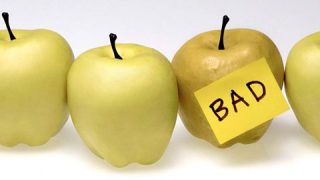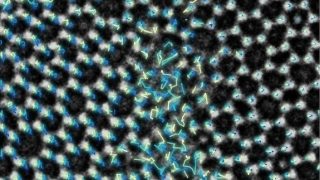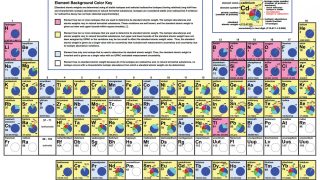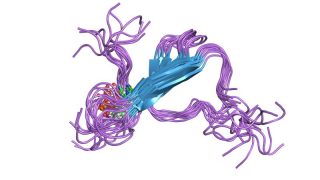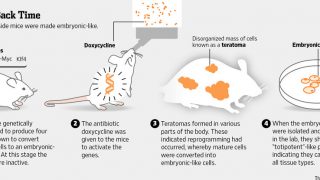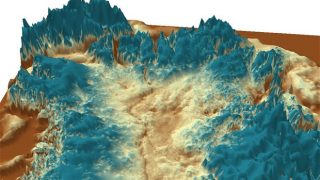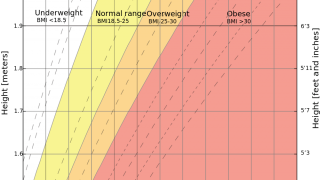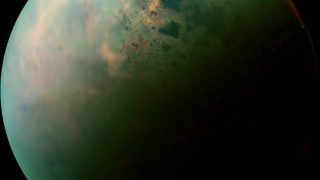
MI weekly selection #46
Humanities & Social Sciences • Science • Technology • Weekly Selection
Cassini images add clues to Titan’s weather cycle New photos from NASA’s Cassini spacecraft are giving researchers clues to the weather cycle of Titan, one of Saturn’s moons. By studying previous images, scientists think Titan has a hydrologic cycle, in which hydrocarbons rain onto the surface filling the lakes and then evaporating back into the […]
